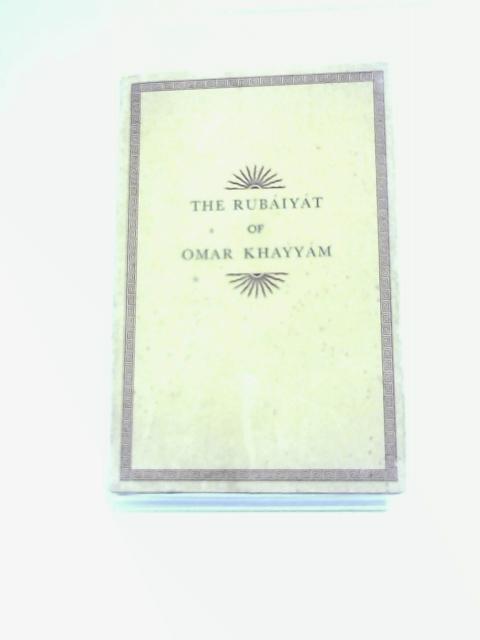

It was only after a few more attempts, in the 19th century, before the discovery of FitzGerald’s English translations transformed him from a relatively unknown figure in the world of poetry to a global phenomenon. In the book’s Introduction, FitzGerald says, “Omar …has never been popular in his own country, and therefore has been but scantily transmitted abroad.” There could be some truth to this, as it took around 700 years for the first translation of his quatrains – in German, by German Orientalists – to appear. Seventy-five years after its initial publication, in 1934, a copy of the Rubáiyát in original wrappers was sold for $9,000. However, the interest only started to build up when the book was discovered in the 1860s (when it was being sold at a princely sum of 1 penny a piece) by the poet Dante Gabriel Rossetti, who popularised it amongst the pre-Raphaelites (a group of English painters, poets and critics). By the time FitzGerald read the letter, the third edition of the Rubáiyát of Omar Khayyam (a collection of Rubái or quatrains) had been published, and Khayyam had taken the Western literary world by storm.įitzGerald’s first translation of Khayyam’s poetry first appeared in 1859. The translator – Edward FitzGerald – did not read the letter until 1872. On September 2, 1863, English art critic John Ruskin wrote a letter to the then unknown translator of the poetry of Omar Khayyam (1048–1123) – an astronomer and mathematician from Persia, saying, “I do with all my soul pray you to find and translate some more of Omar Khayyam for us: I never did – till this day – read anything so glorious, to my mind as this poem.” He concluded the letter with the words “More – more – please more.” The free rider problem: Why Artificial Intelligence needs to be regulated.Bengali to Kannada, Sanskrit to French: How I became multilingual.Why the return of the Rohingya to Myanmar is crucial.Watch: Grisly footage of a tiger dragging a woman away from a car in a Chinese wildlife park.

IPL 2023: Rohit Sharma’s poor run of form sees him set record for most ducks in IPL.On Rabindranath Tagore’s 162nd birth anniversary, read five newly translated poems from ‘Gitanjali’.Fiction: Indenture as seen by a woman in a British-owned sugarcane plantation in 19th-century India.Hockey: Udita Duhan puts aside regret to embark on flourishing hockey career.A new book examines the many forms of discrimination that women scientists face in Indian labs.



 0 kommentar(er)
0 kommentar(er)
